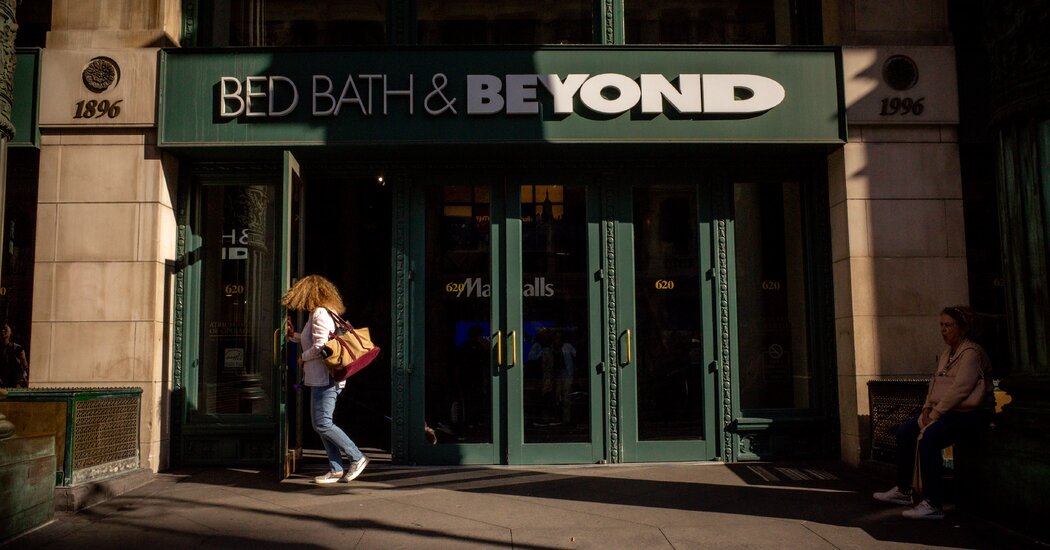“The allure of having Willy Wonka’s golden ticket — or the blue ticket — was gone,” he said.
In August, the company announced an aggressive restructuring plan, saying it would close 150 stores and lay off more employees. Ms Gove, the interim managing director following Mr Tritton’s departure in June, said she personally called sellers to reassure them that Bed Bath & Beyond would pay them what it owed.
Just a few days after announcing the restructuring, the retailer went into an emotional turmoil when its chief financial officer, Gustavo Arnal, died. According to the New York City Medical Examiner’s Office, Mr. Arnal labeled a suicide.
Bed Bath & Beyond’s suppliers began to get scared and began demanding payment in advance. That led to an inventory level of around 70 percent over the past holiday period, according to Ms. Gove, who became the permanent CEO in October.
In early February, the company sidestepped bankruptcy after devising a plan to raise more than $1 billion through a public stock offering. The plan, backed by Hudson Bay Capital Management, was only good as long as Bed Bath & Beyond’s shares remained above $1 per share. This month, Bed Bath & Beyond canceled that deal after terms were breached. The stock closed Friday at 29 cents per share.
All the while, sales continued to fall, starving the company of the money — and the confidence — it needed to get suppliers to ship to its stores.
“It’s a death spiral,” said Neil Saunders, general manager of GlobalData’s retail division. “If you can’t get the stock, you can’t sell. If you can’t make the sales, your credit will deteriorate. If your credit rating deteriorates, people are less willing to supply you. That circle seems impossible to break.”

